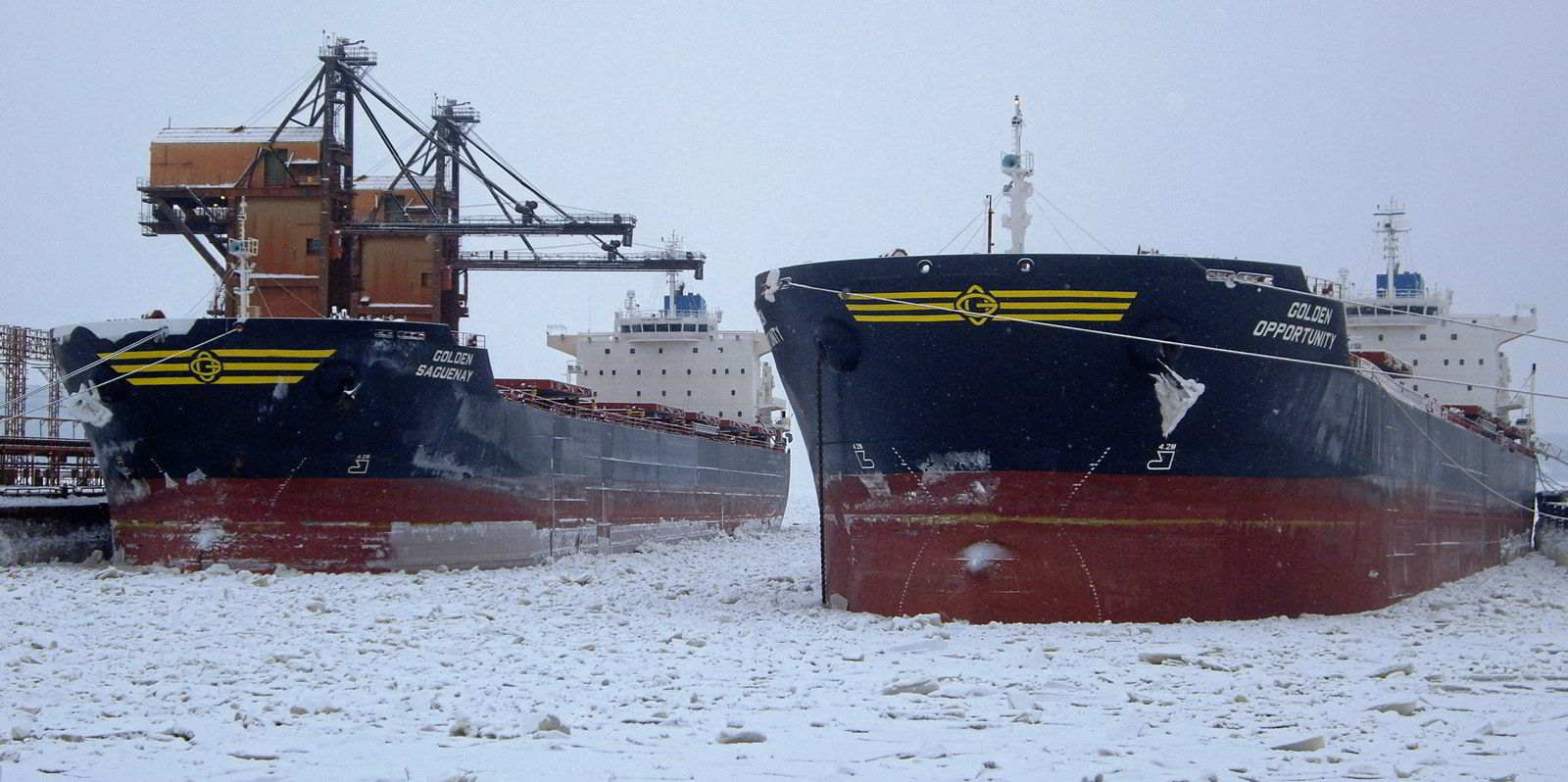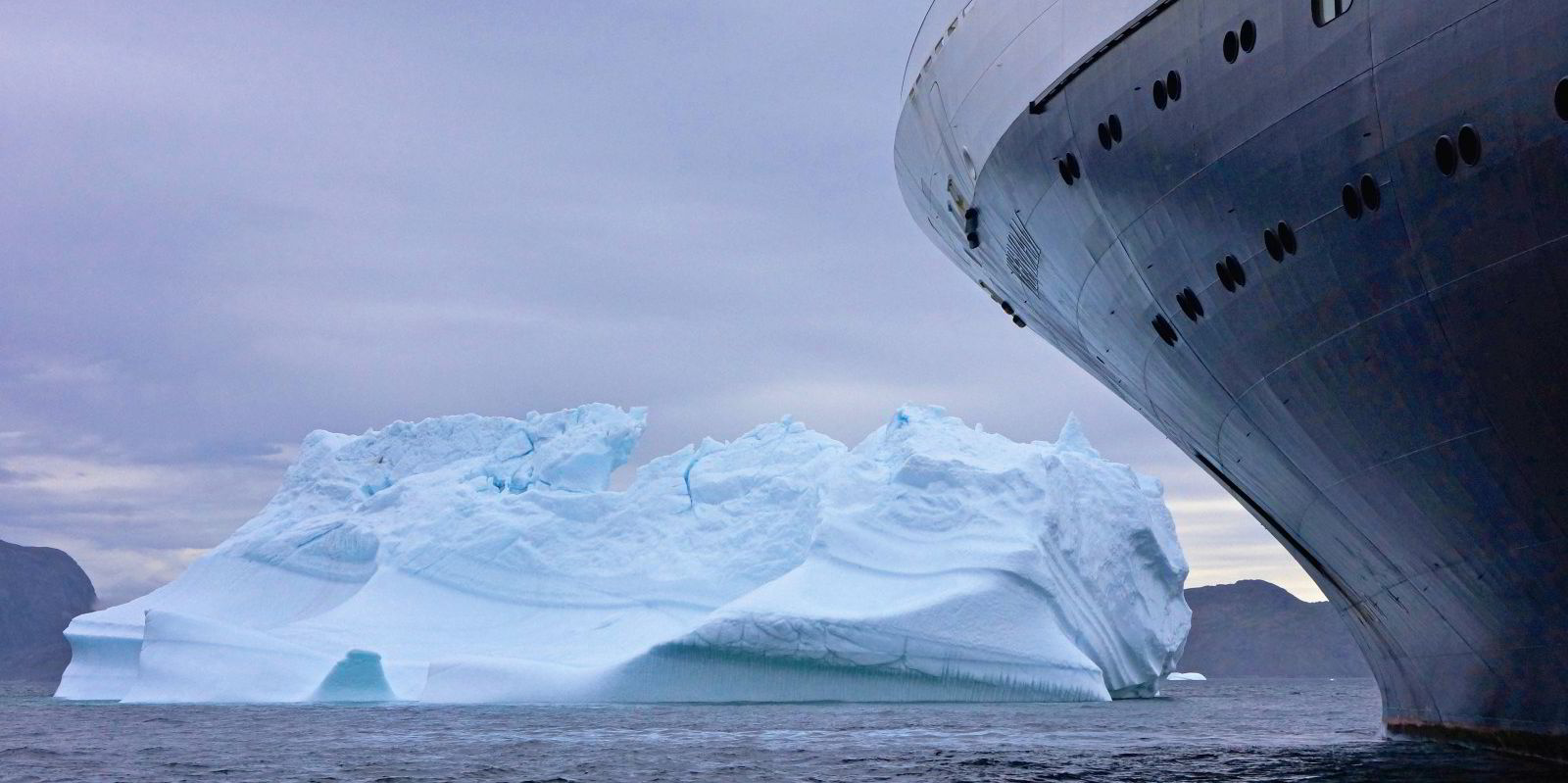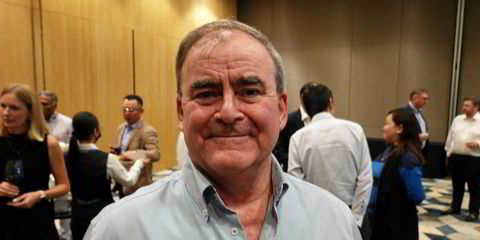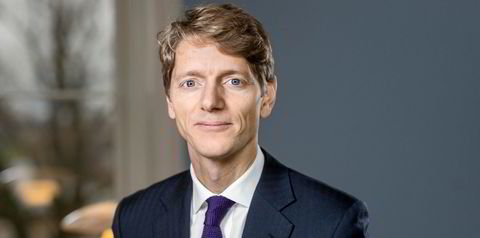A coalition of nations is gearing up to present a resolution at the International Maritime Organization, calling on ships working in the Arctic to make a voluntary switch to distillates or cleaner fuels in a bid to cut harmful black carbon emissions.
Speaking in the Cryosphere Pavilion at the COP26 meeting in Glasgow, International Council on Clean Transportation (ICCT) marine programme lead Bryan Comer said the move could provide a large and immediate benefit to the problem of black carbon in the region.
He flagged up the upcoming draft resolution, which is sponsored by Canada, Finland, France, Germany, Iceland, Netherlands, Norway, Solomon Islands, Sweden, the UK and the US.
It will be put to the 77th meeting of the IMO's Marine Environmental Protection Committee (MEPC77) later this month.
This details that a switch to distillate fuel can reduce black carbon emissions per kilogram of fuel consumption by up to 79% in two-stroke engines and by up to 52% in four-stroke engines.
"We will see if MEPC77 can muster the courage to pass this resolution," he said.
Ban issues
Comer said black carbon is a climate pollutant and a health hazard.
He reiterated ICCT's figure that between 2015 and 2019 black carbon emissions from Arctic shipping have increased by 85%, 10 times more than the global figure.
Comer trashed the IMO's ban on heavy fuel oil (HFO) for ships sailing in the Arctic on the basis of the definition of the region and the waivers granted to countries.

He said the result is that the ban will not really come into full effect until 2029 and in reality only eliminate 30% of HFO carriage and 16% of the heavy fuel used by ships in their engines, so reducing black carbon emissions by just 5%.
Comer said a switch to distillates by Arctic shipping — based on 2019 figures — would lower air pollution, reduce black carbon by 30%, lower air pollution, enable the use of diesel filters and eliminate the risk of more harmful HFO spills.
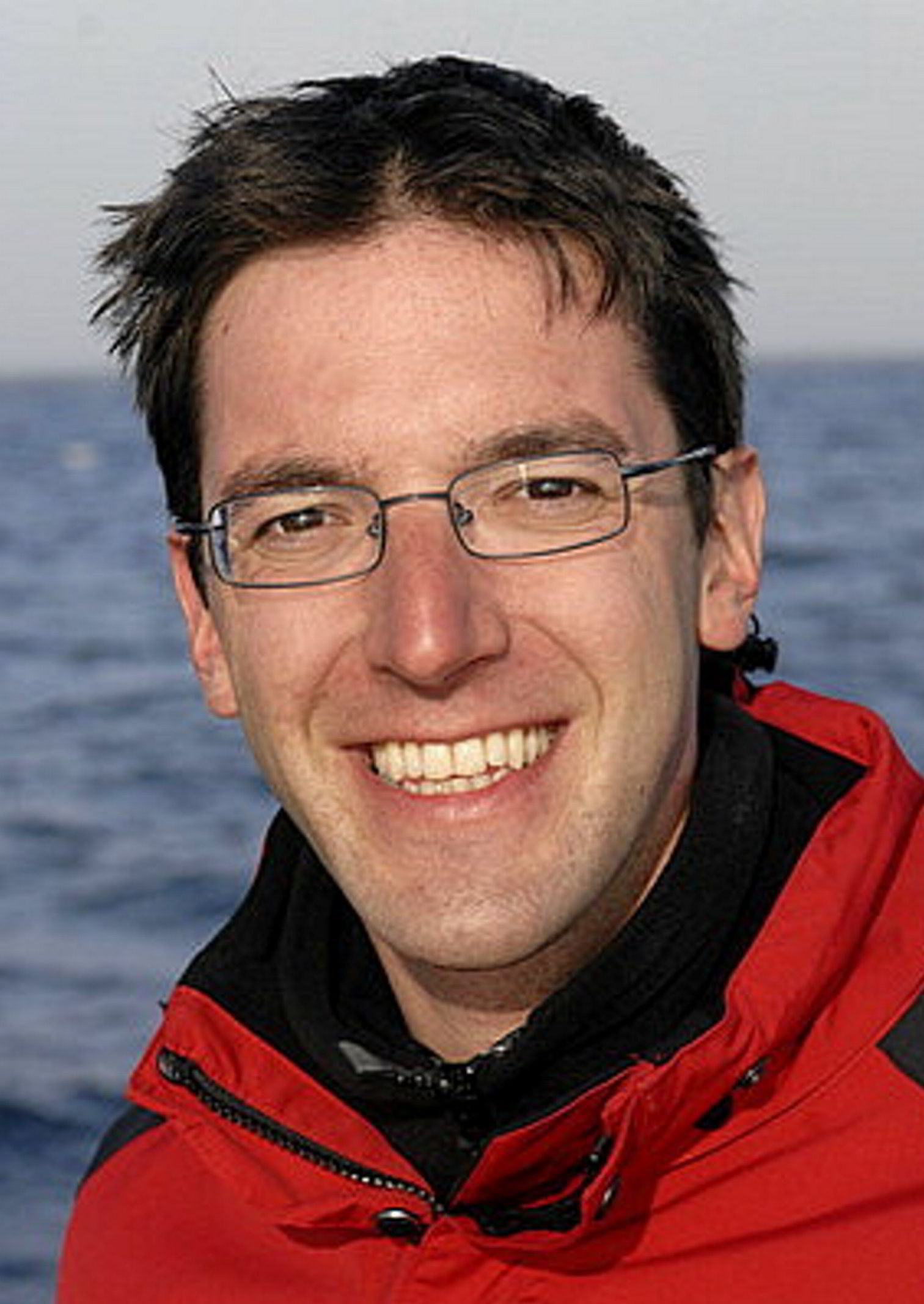
Dirk Notz, a professor from the University of Hamburg and research group head at the Max-Planck Institute for Meteorology, was the lead author of the chapter on the ocean, cryosphere and sea level in this year's Intergovernmental Panel on Climate Change (IPCC) report.
Notz said a key finding of the report was that black carbon is the fourth-biggest driver of greenhouse gas warming. But he said it can be reduced very rapidly, which will have an almost immediate effect.
He said that in terms of volume Arctic sea ice is roughly a quarter of what it used to be 30 years ago.
Notz said the IPCC report shows the Arctic Ocean will most likely be largely ice-free in summer before 2050 in just about every global emission scenario, including the very low ones.
By the end of the century, the Arctic in the three highest scenarios will be practically ice-free every summer.
"It is now too late not to lose Arctic sea ice in summer," Notz said. "It is not too late to still limit whether this loss will become the new normal. The future of Arctic sea ice still remains in our hands."
